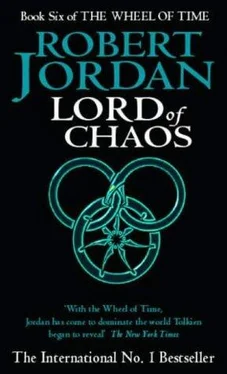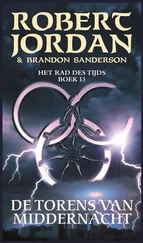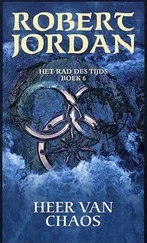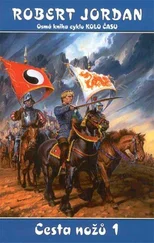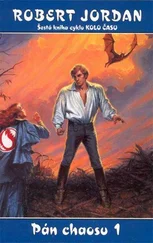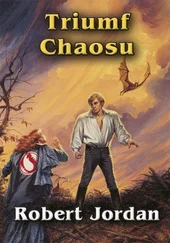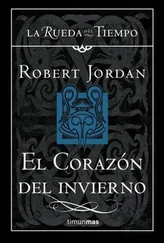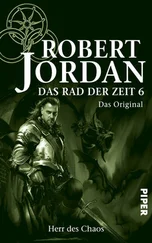“Call me Aran’gar, Moghedien,” an amused voice said, and a small light bloomed inside the tent.
Her own name clove Moghedien’s tongue to the roof of her mouth; that name meant death here. She was struggling to speak, to say her name was Marigan, when suddenly she became truly aware of the light. A small glowing white ball, pale, hanging in the air near her head. With the a’dam on her, she could not do more than think of saidar without permission, but she could still feel it channeled, see the webs woven. This time she felt nothing, saw nothing. Just a tiny ball of pure light.
She stared at the woman who had called herself Aran’gar, recognizing her now. Halima, she thought; secretary to one of the Sitters, she believed. But a woman certainly, if one who looked as though she had been designed by a man. A woman. But that ball of light had to be saidin ! “Who are you?” Her voice shook slightly, and she was surprised it was so steady.
The woman smiled at her—a very amused smile—as she settled beside the pallet. “I told you, Moghedien. My name is Aran’gar. You will learn that name in the future, if you are lucky. Now, listen to me carefully, ask no more questions. I will tell you what you need to know. In a moment I will remove your pretty necklace. When I do, you will vanish as quickly and silently as Logain did. If you do not, you will die here. And that will be a shame, because you are summoned to Shayol Ghul this very night.”
Moghedien licked her lips. Summoned to Shayol Ghul. That could mean eternity in the Pit of Doom, or immortality ruling the world, or anything in between. Little chance it meant being named Nae’blis, not if the Great Lord knew enough of how she had spent the past months to send someone to free her. Yet it was a summons she could not refuse. And it meant an end to the a’dam at last. “Yes. Remove it. I will go immediately.” There was no point to delaying anyway; she was stronger than any woman in the camp, but she did not intend to give a circle of thirteen a chance at her.
“I thought you would see it so,” Halima—or Aran’gar—chuckled richly. She touched the necklace, flinching slightly, and Moghedien wondered again about a woman who apparently channeled saidin and was hurt, however faintly, by touching what should only hurt a man who could channel. Then the necklace was off, being slipped hastily into the woman’s pouch. “Go, Moghedien. Go, now.”
When Egwene reached the tent and put her head and lantern in, she found only disturbed blankets. She withdrew slowly.
“Mother,” Chesa fussed behind her, “you should not be out in the night air. Night air is bad air. If you wanted Marigan, I could have fetched her.”
Egwene looked around. She had felt the necklace come off, and felt the flash of pain that meant a man who could channel had brushed the link. Most people were already asleep, but a few still sat outside their tents around low fires, and some not far. It might be possible to find out which man had come to “Marigan’s” tent.
“I think she has run away, Chesa,” she said. Chesa’s angry mutterings about women who deserted their mistresses followed her back to her own tent. It could not have been Logain, could it? He would not have come back, could not have known. Could he?
Demandred knelt in the Pit of Doom, and for once he did not care that Shaidar Haran watched his trembling with that eyeless, impassive gaze. “Have I not done well, Great Lord?” The Great Lord’s laughter filled Demandred’s head.
The unstained tower breaks and bends knee to the forgotten sign. The seas rage, and stormclouds gather unseen. Beyond the horizon, hidden fires swell, and serpents nestle in the bosom. What was exalted is cast down; what was cast down is raised up. Order burns to clear his path.
The Prophecies of the Dragon translation by Jeorad Manyard Governor of the Province of Andor for the High King, Artur Paendrag Tanreall
The End of the Sixth Book of The Wheel of Time
